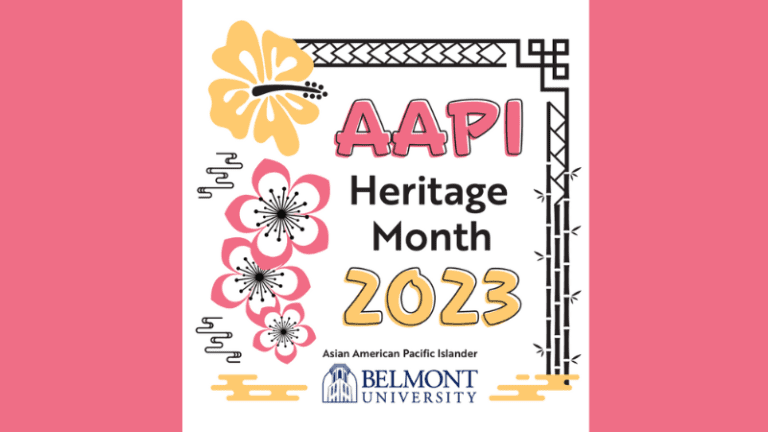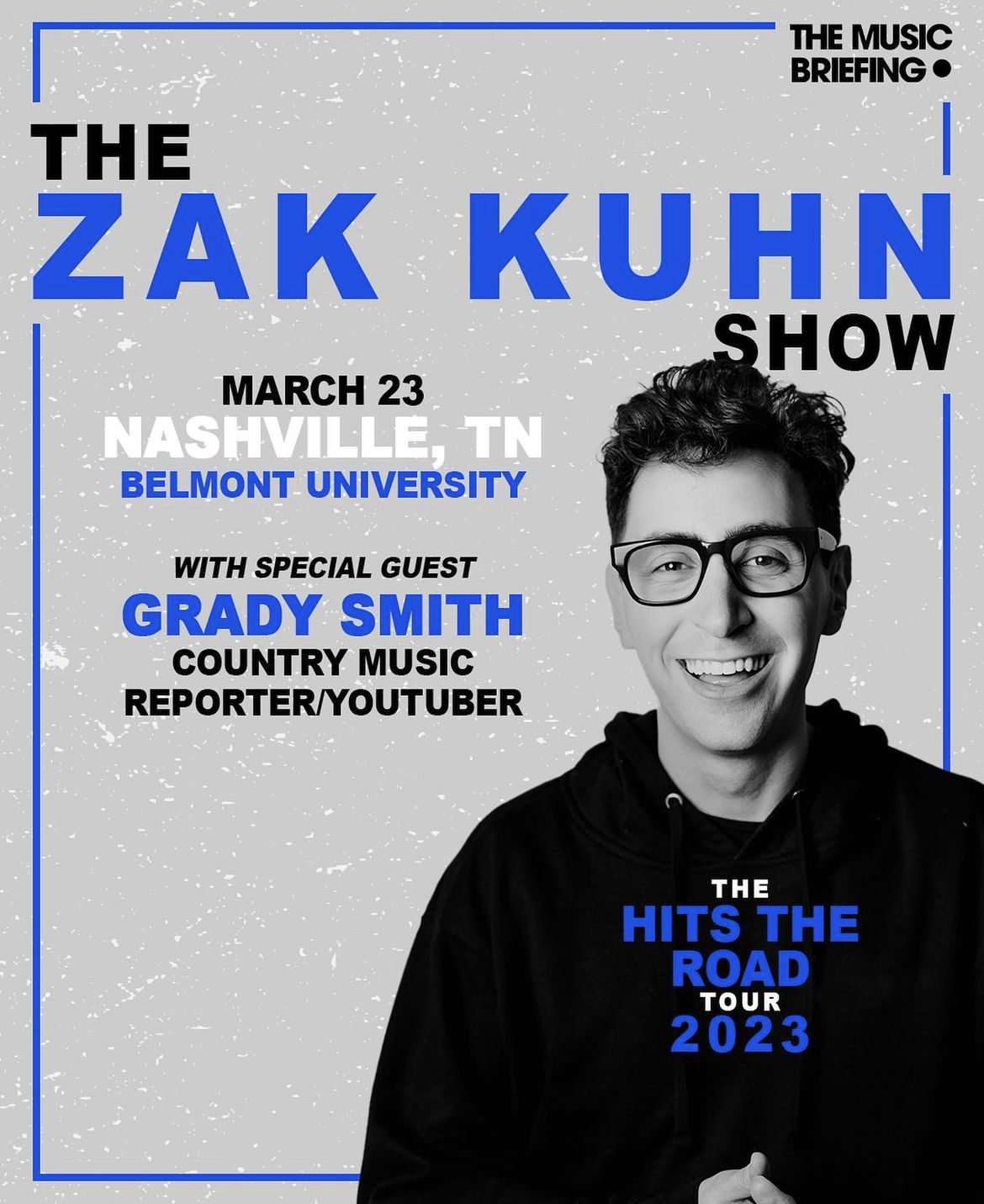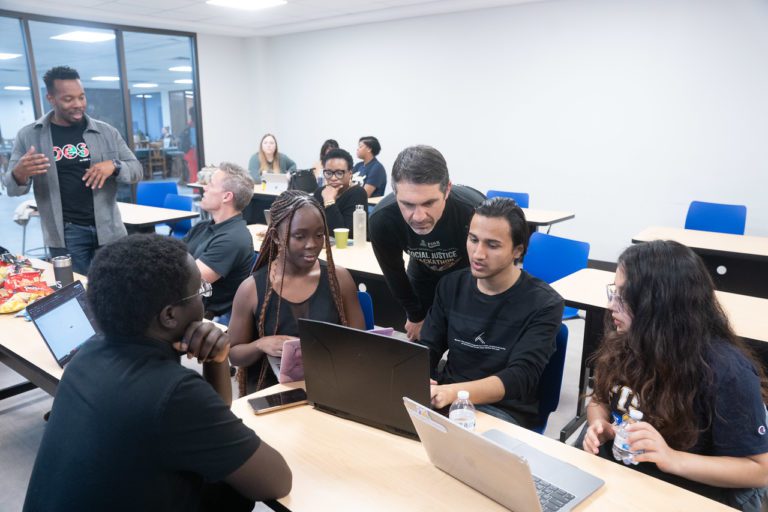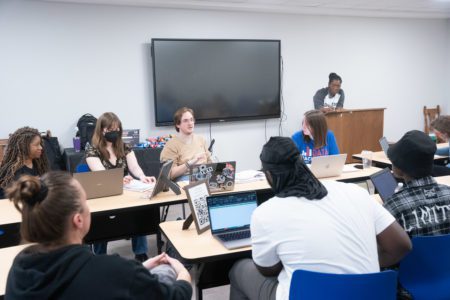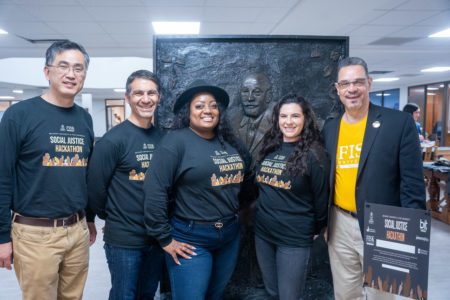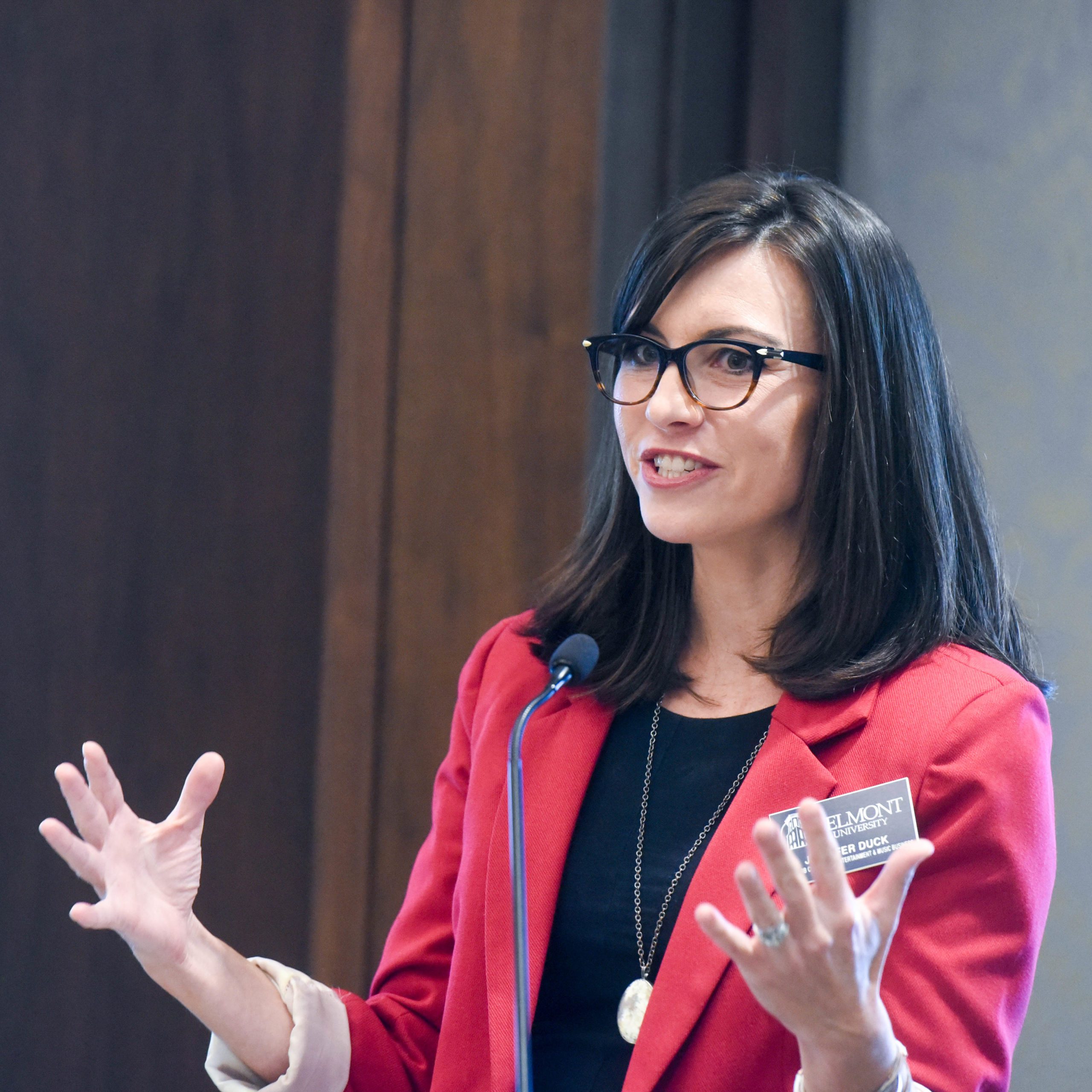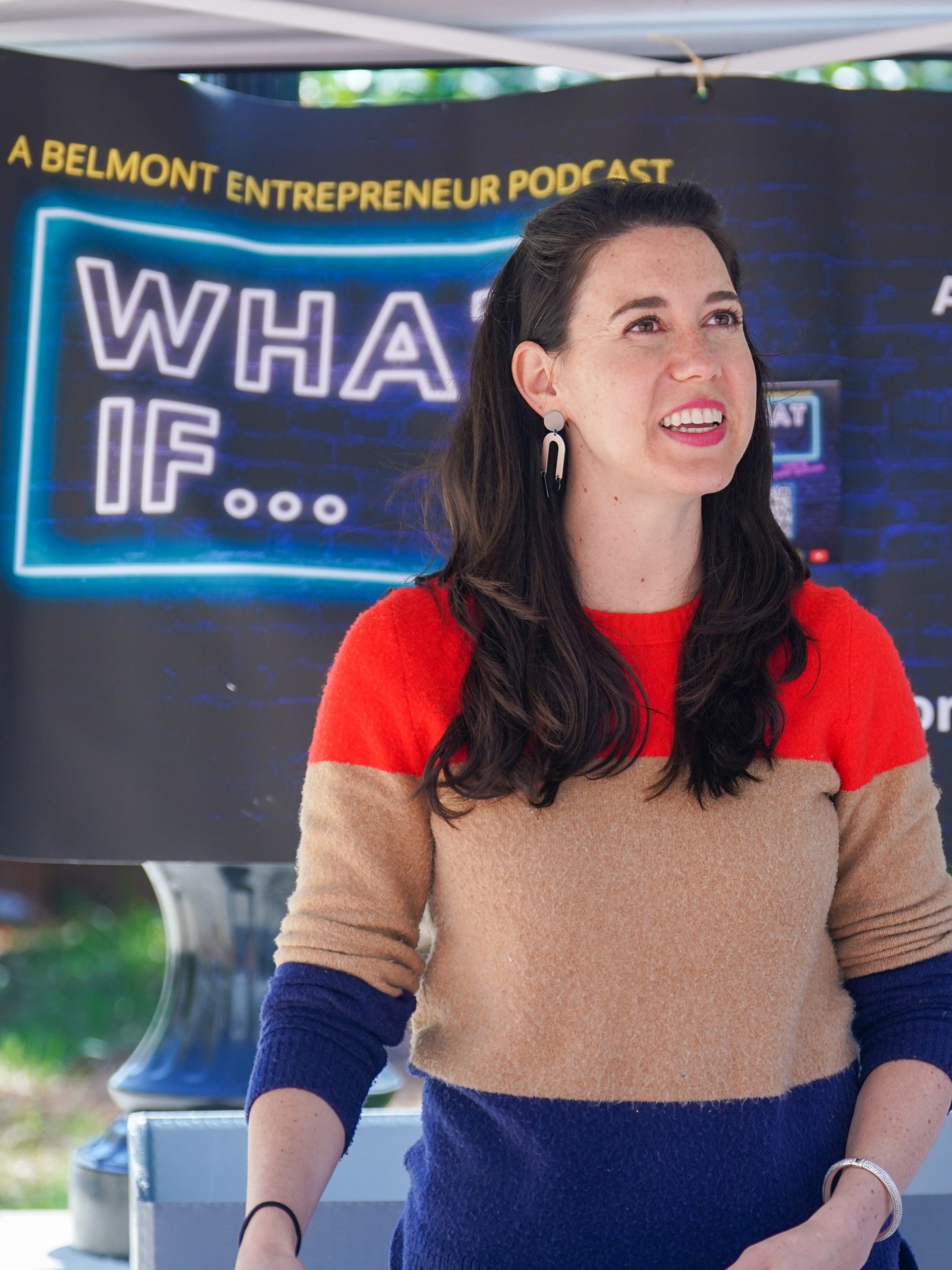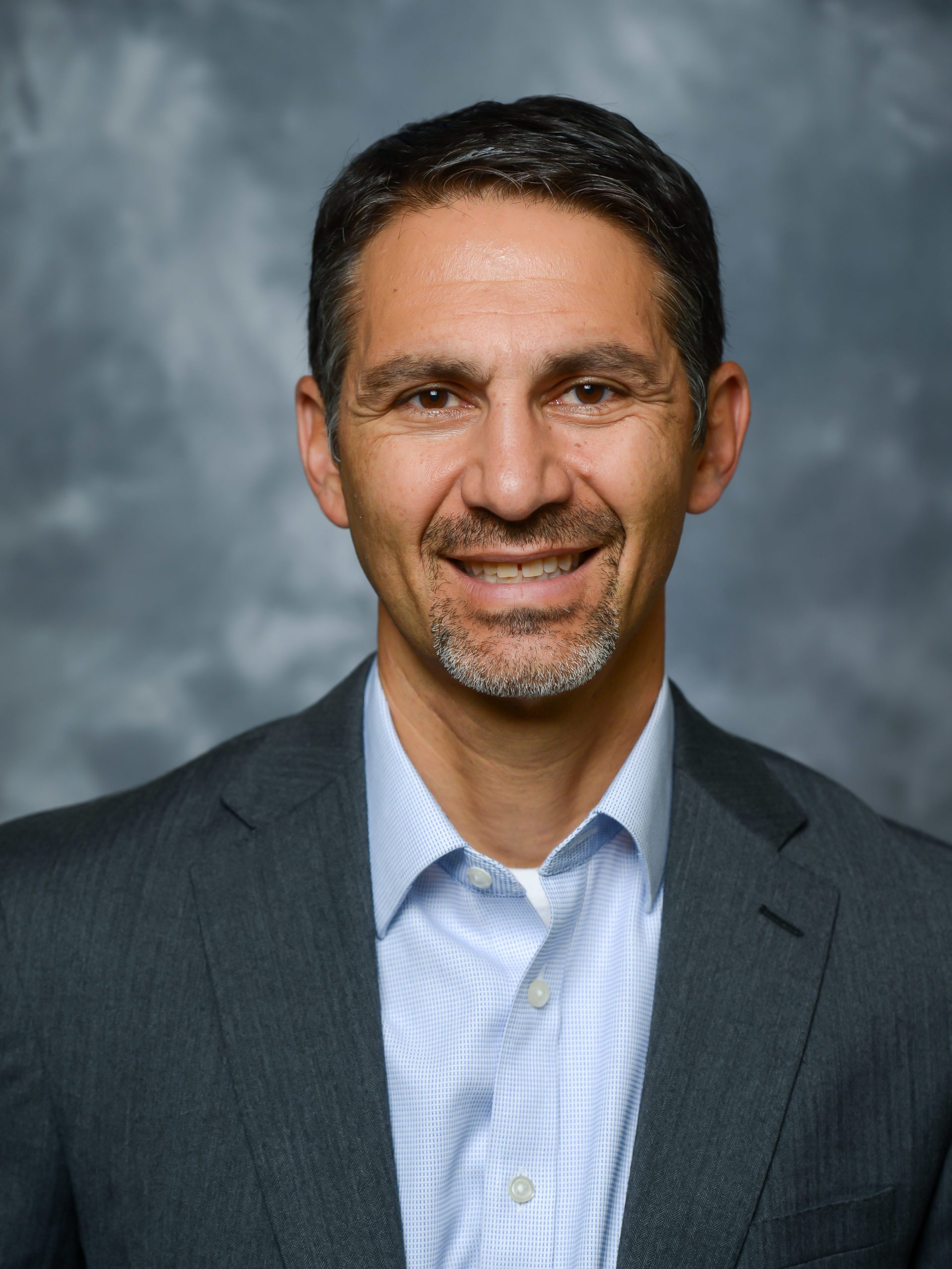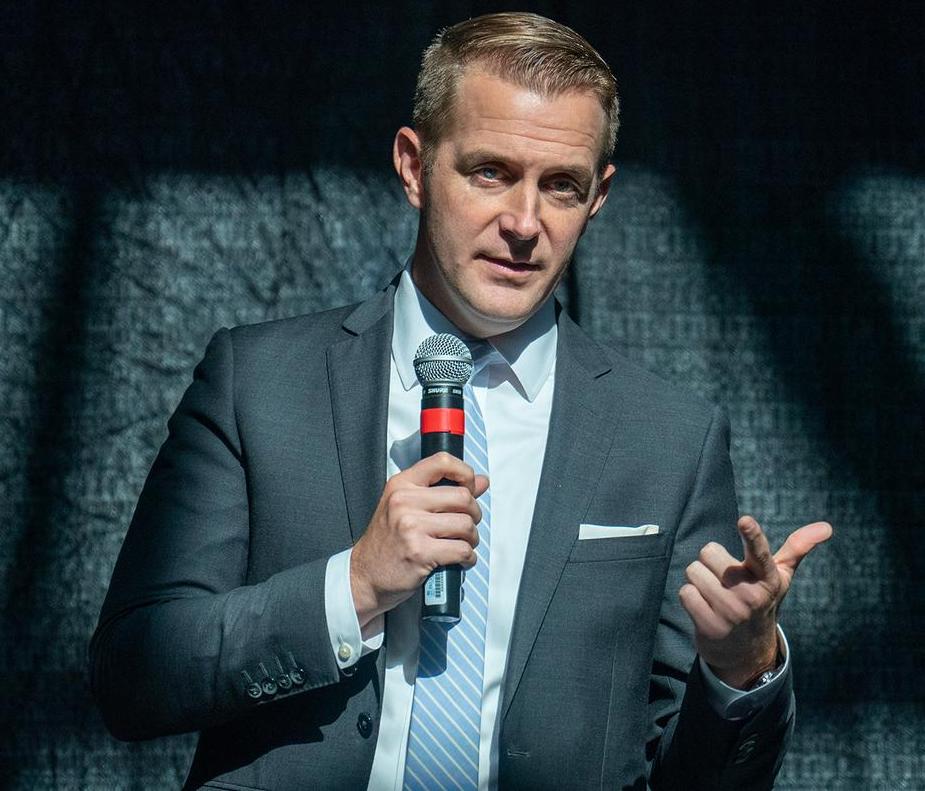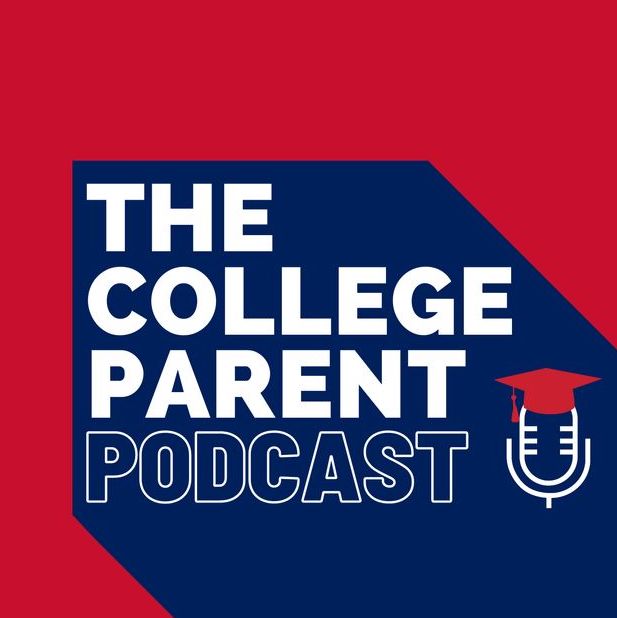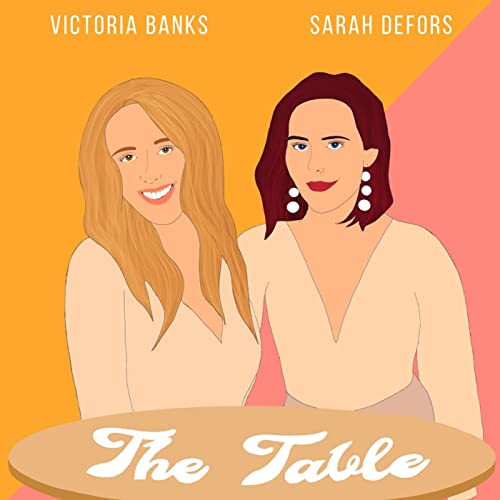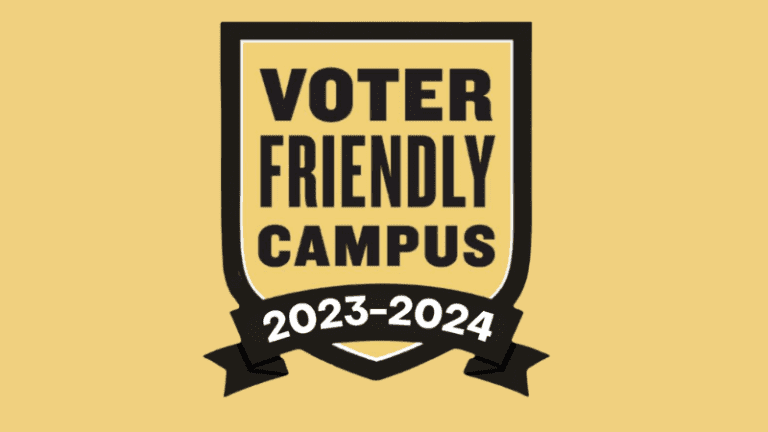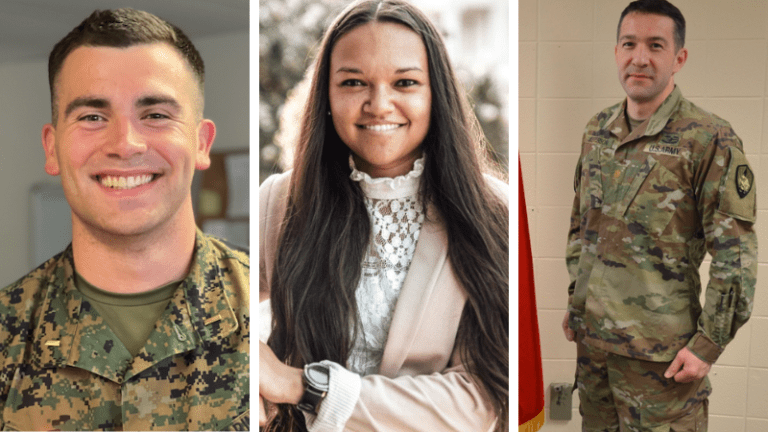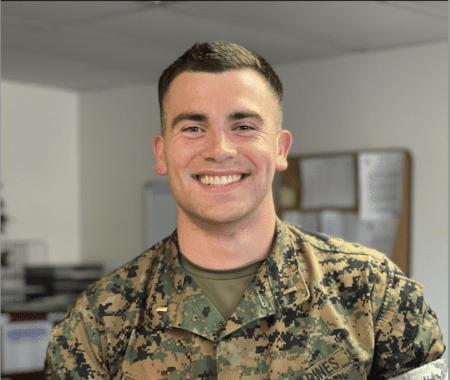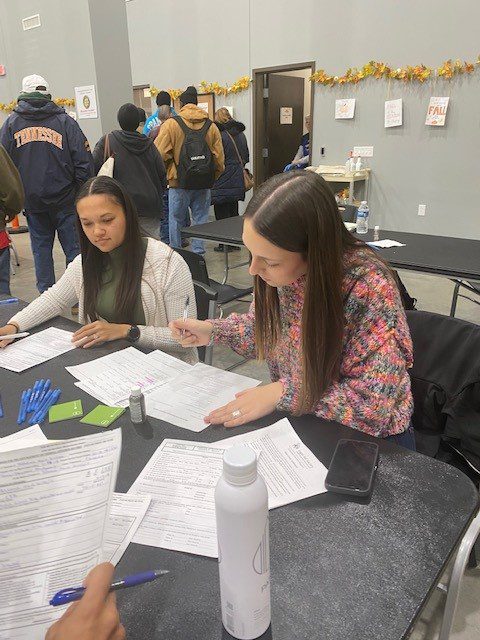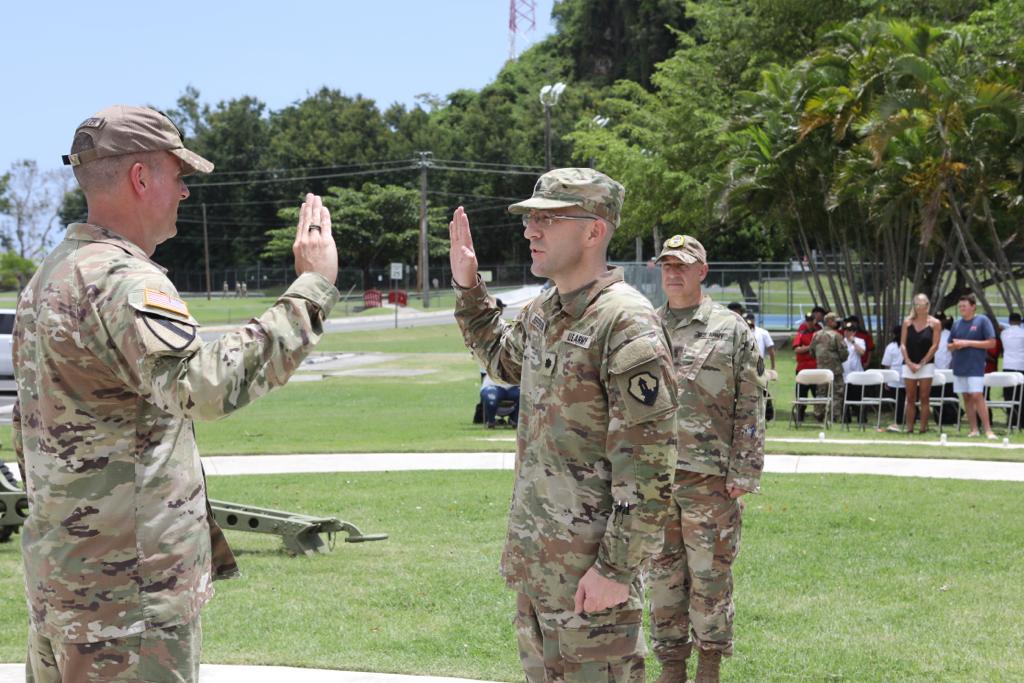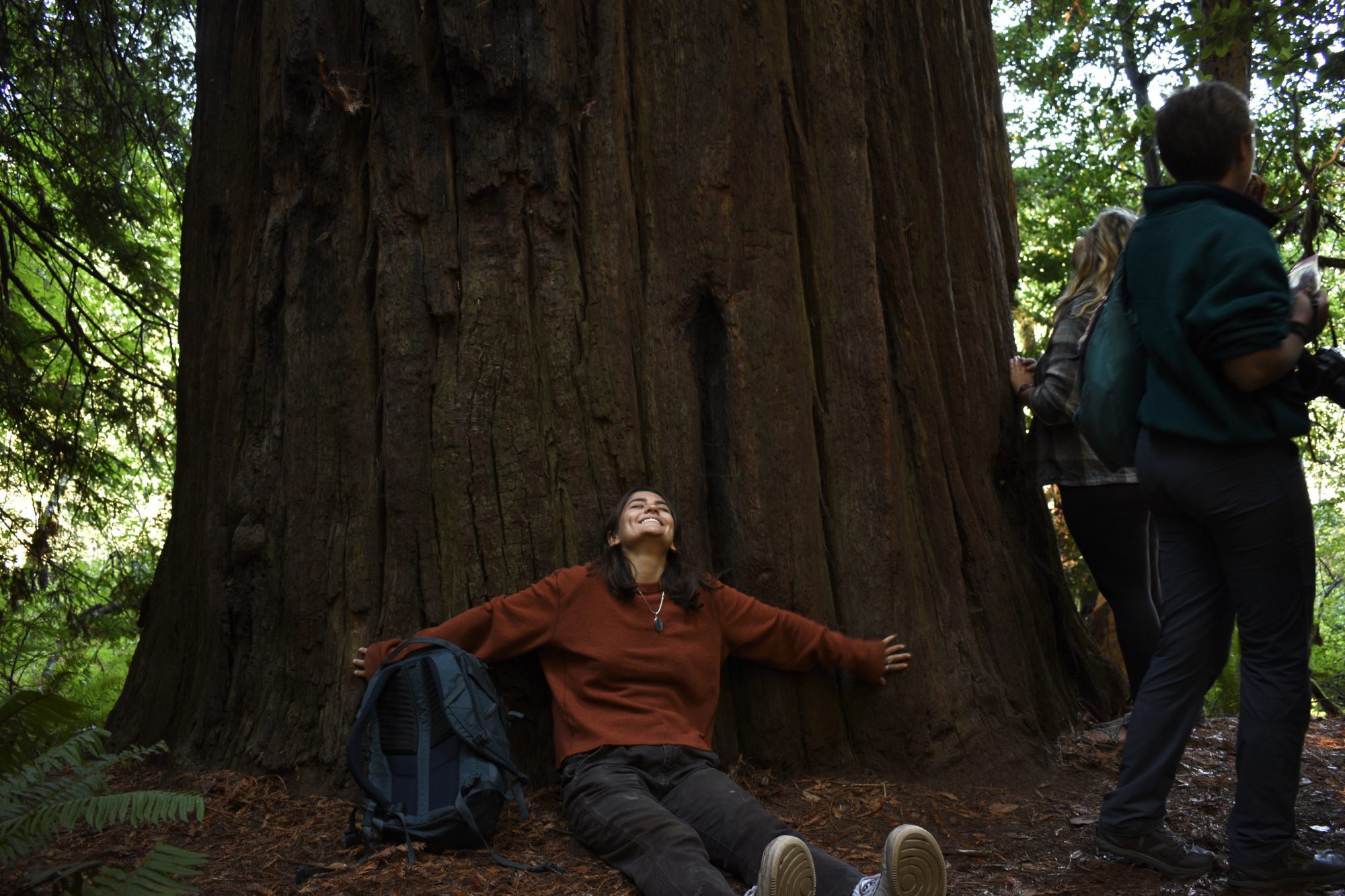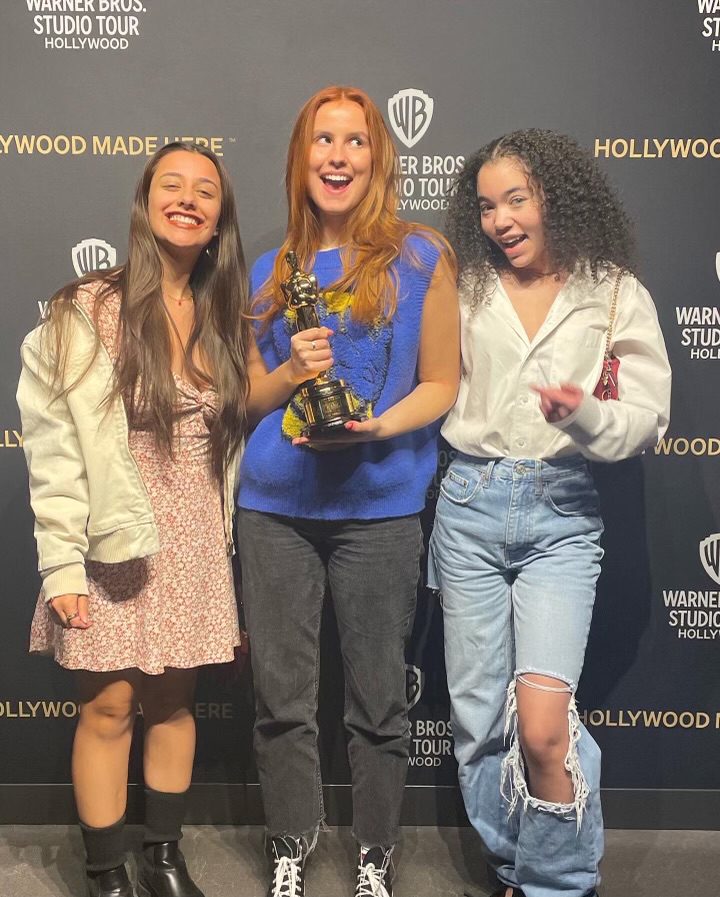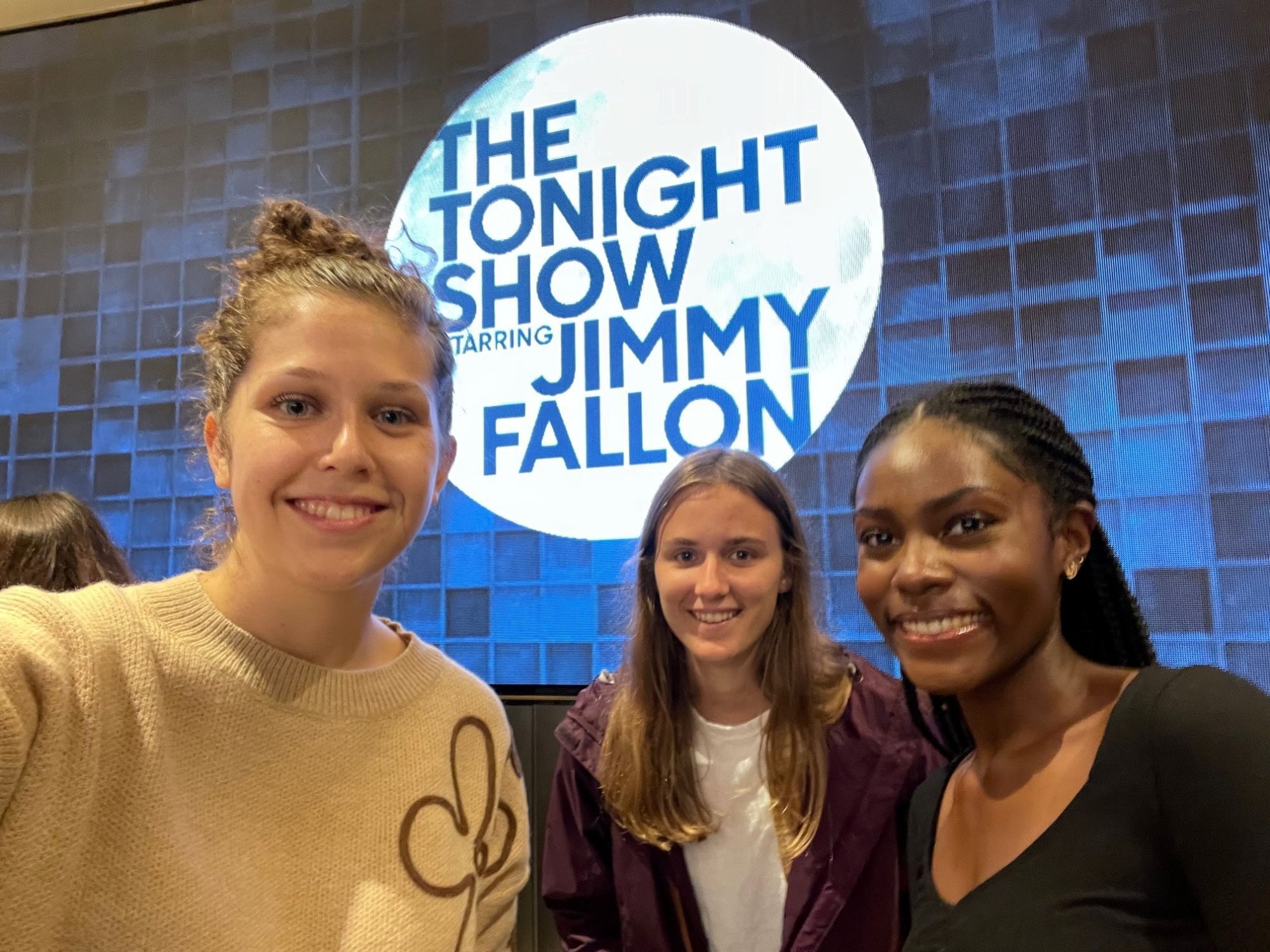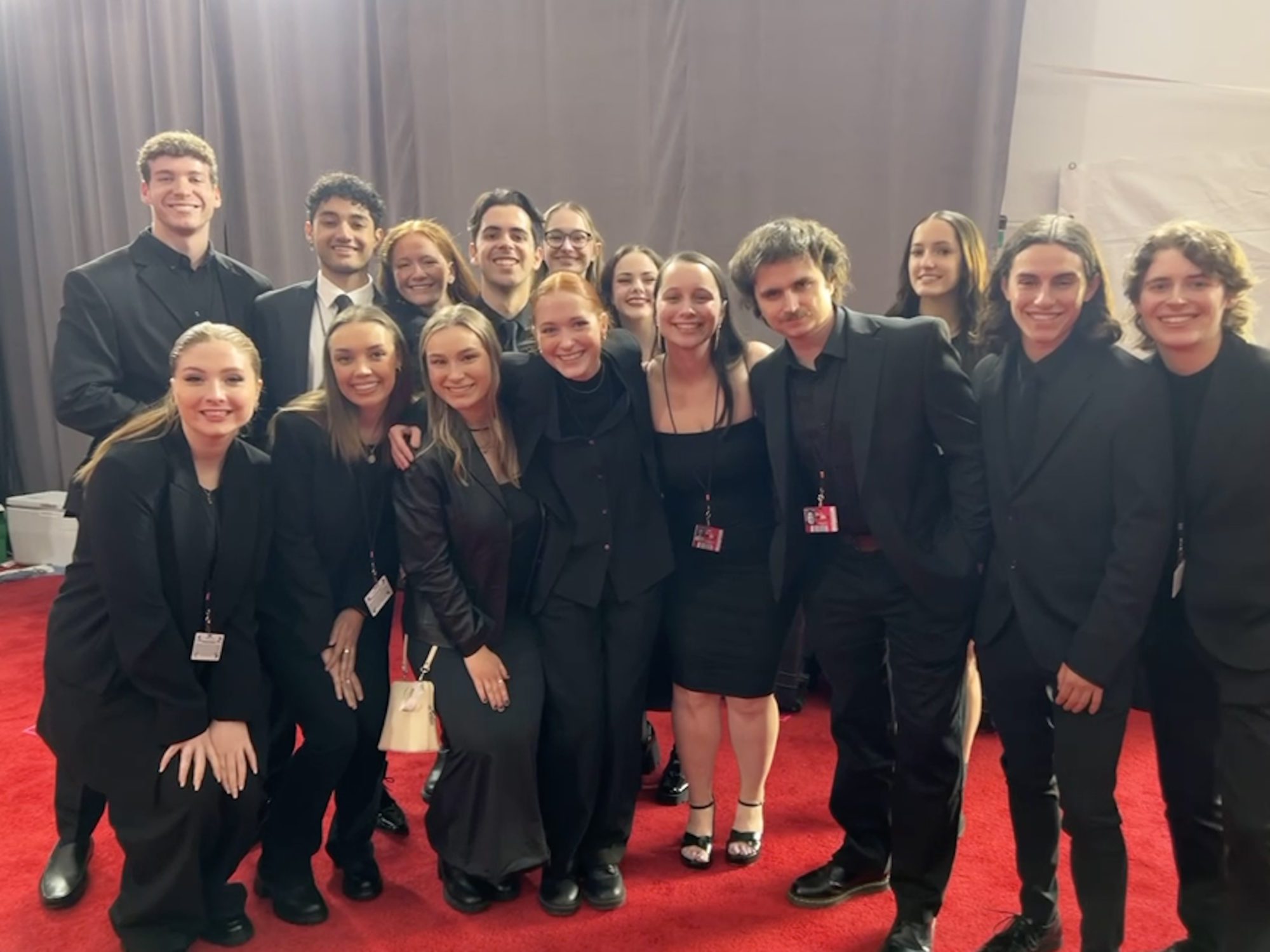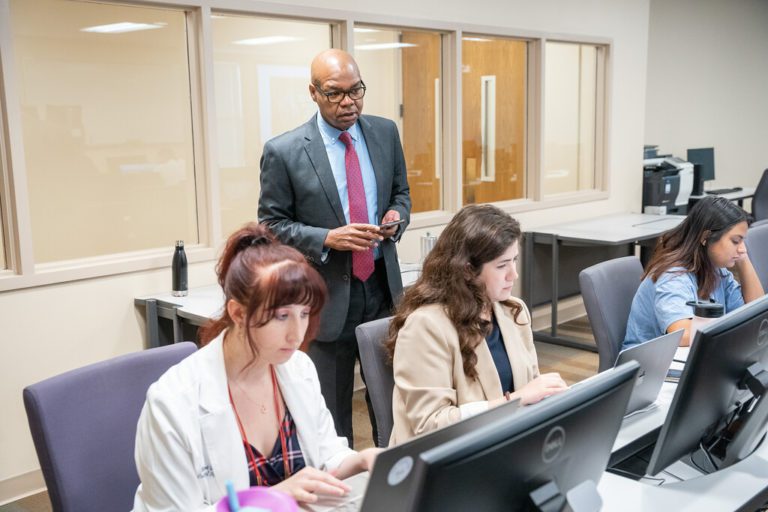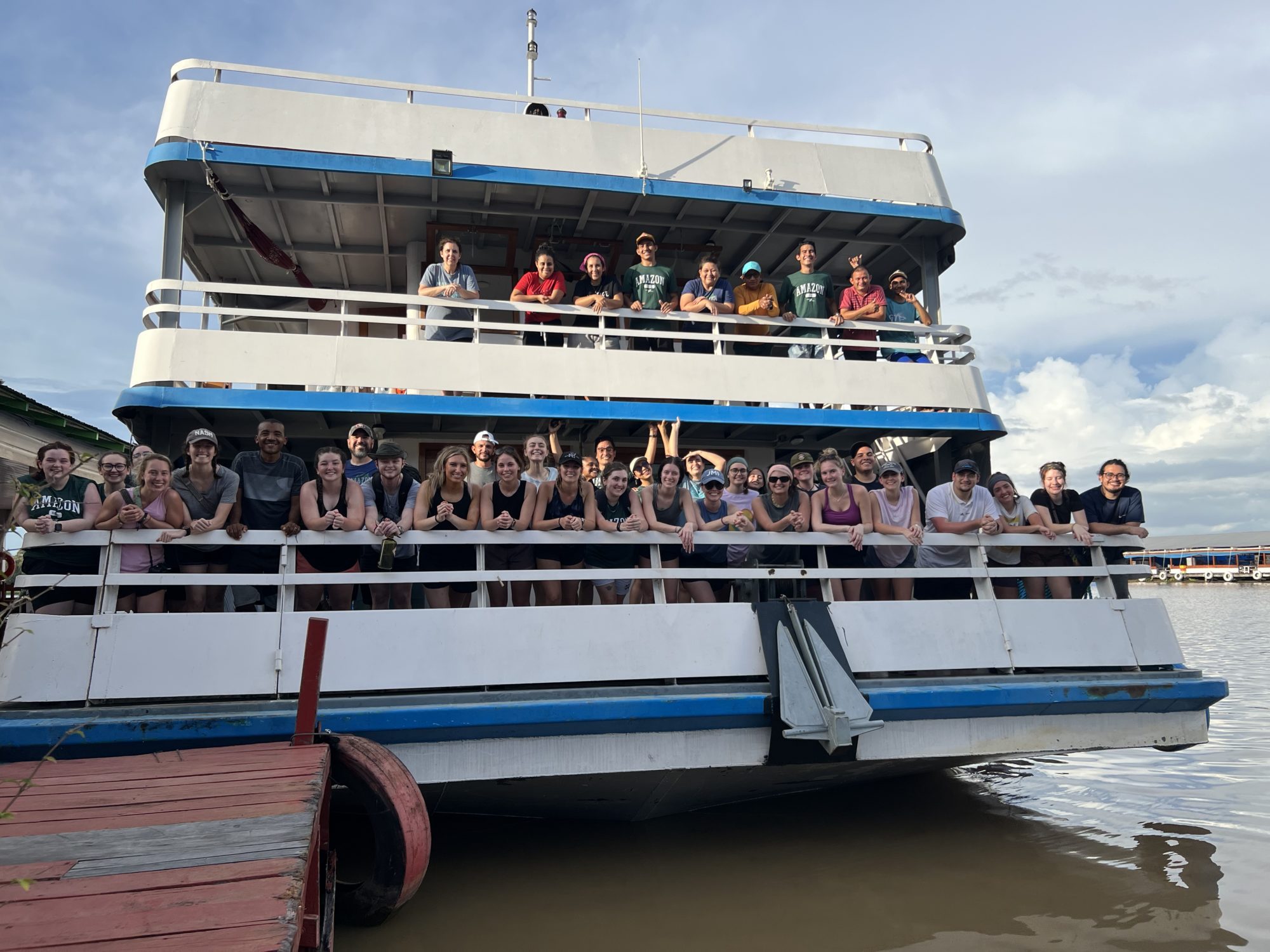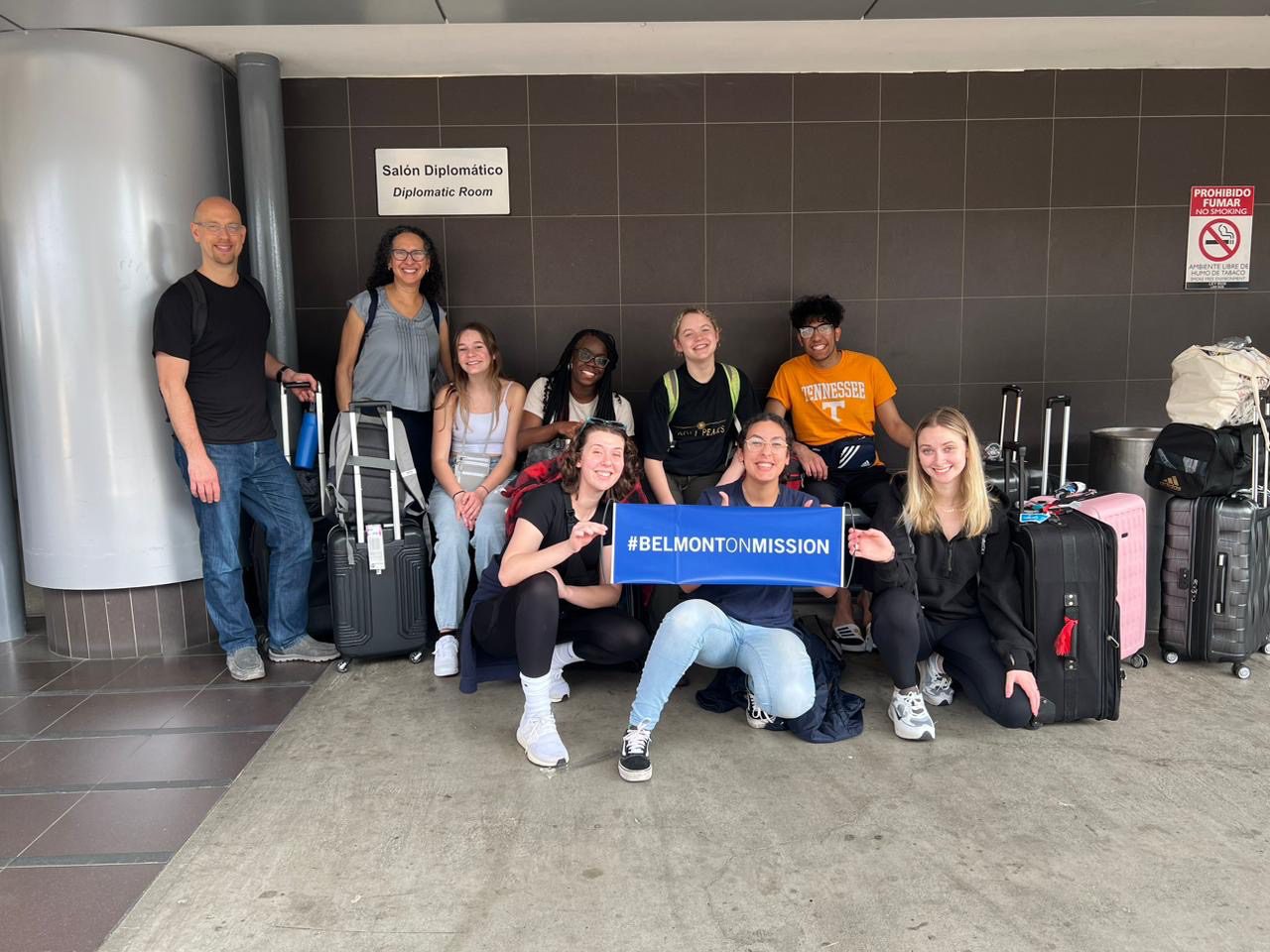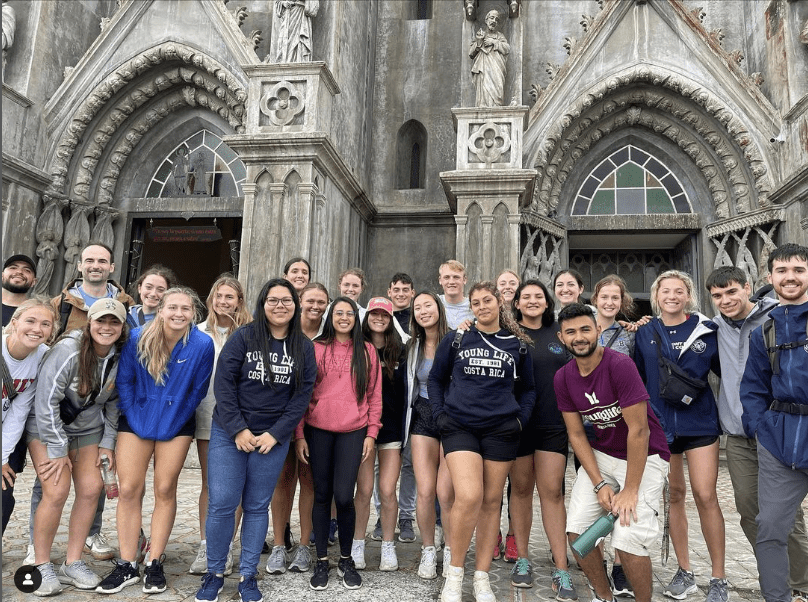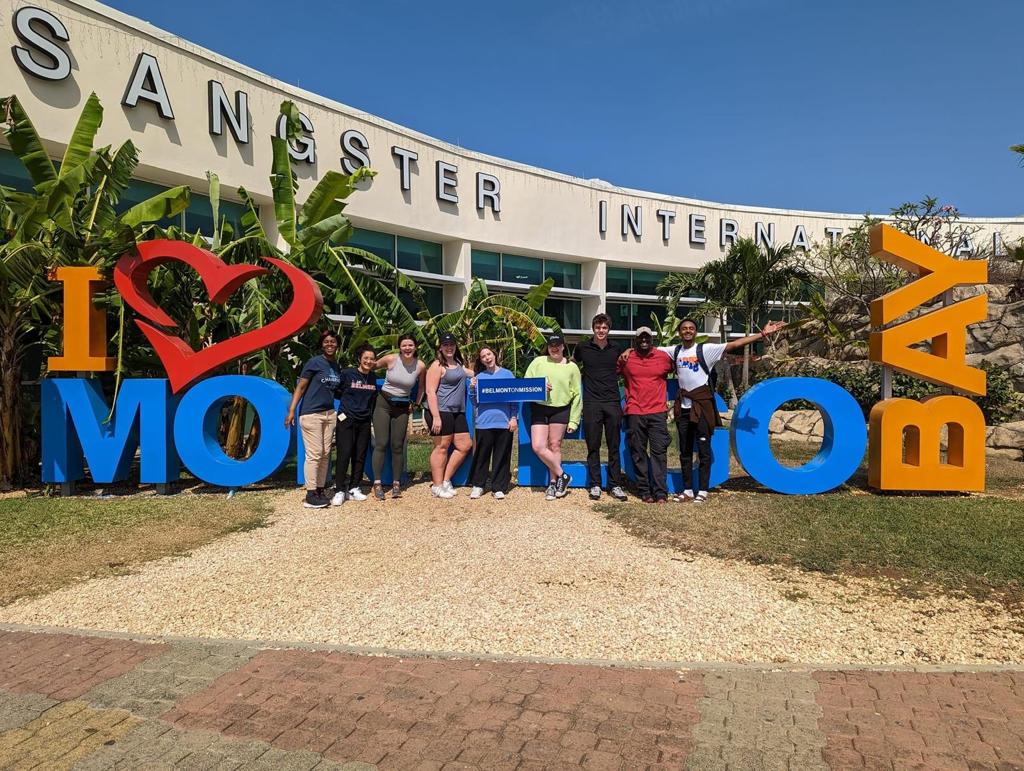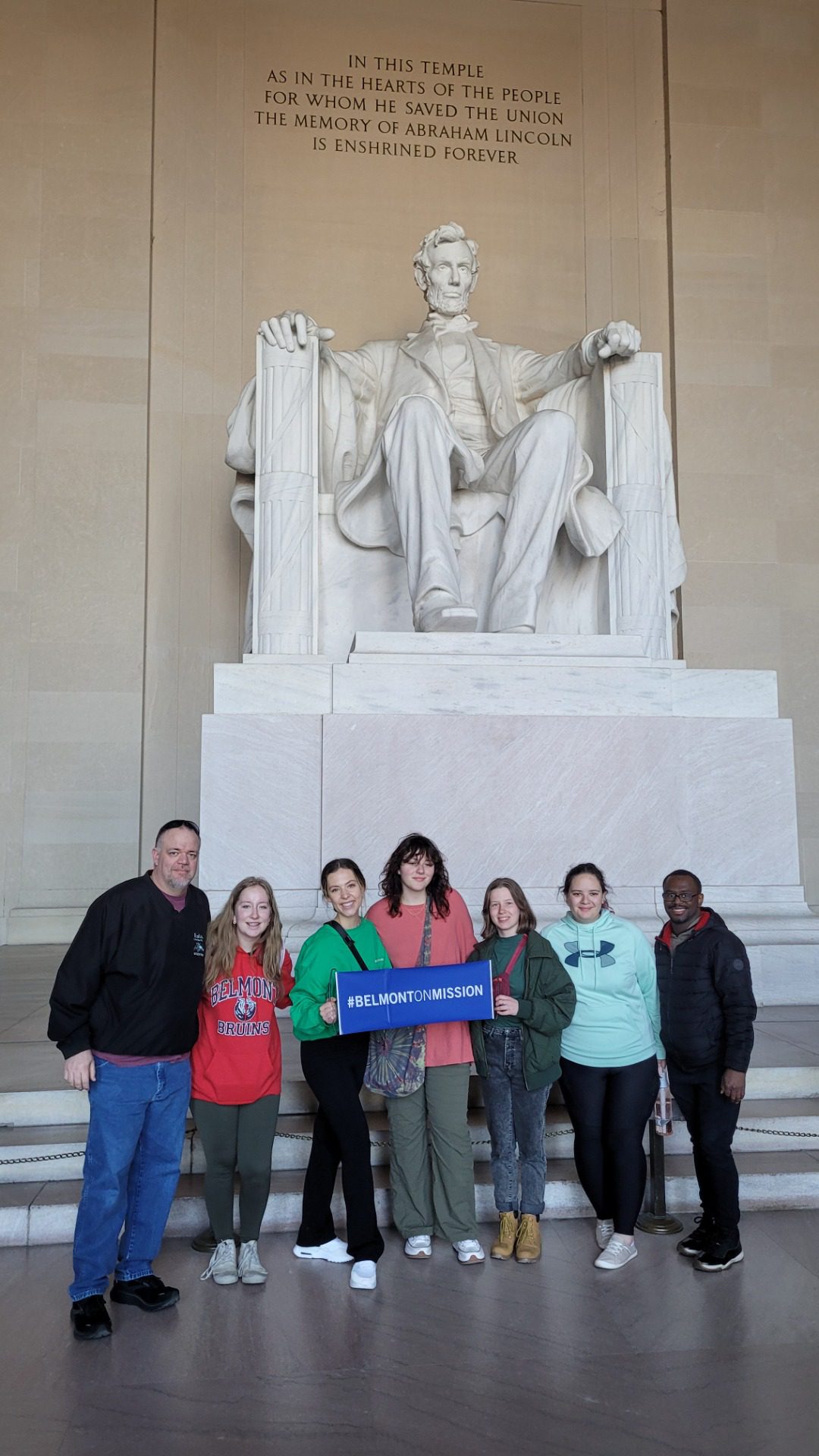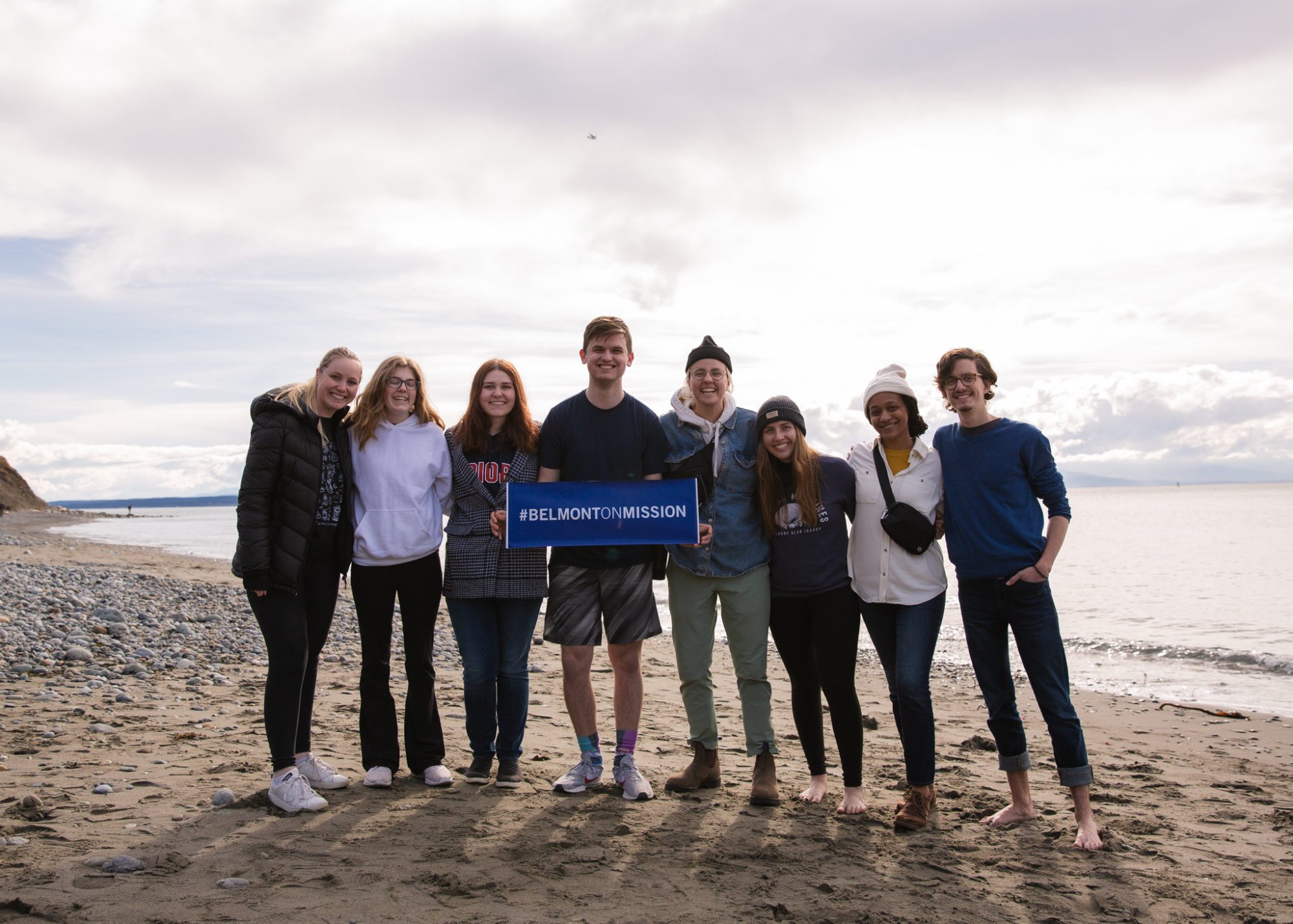Monday marks the start of Asian American Pacific Islander (AAPI) Heritage Month at Belmont. While the national celebration is in May, Belmont observes this month in April with various events that highlight the diversity and rich culture of the AAPI community.
“This year marks the second annual celebration of AAPI Heritage Month at Belmont University,” said Dr. Gideon Wongi Park, AAPI month committee member and assistant professor of religion. “I am excited because it is an opportunity to highlight the rich histories and contributions of Asian immigrants, beginning with the first arrival of Filipino migrants in the 16th century. Here at Belmont University, the AAPI community is small but growing. That makes AAPI representation matter all the more in order to provide adequate resources and systems of support for students, faculty and staff—and that is precisely what the AAPI committee is committed to working towards. We invite the entire campus community to participate in the events scheduled for April.”
The 2022-23 AAPI Heritage month committee consists of faculty, staff and student representatives including Park, Tola Akhom-Pokrywka, Irene Lawrence, Qingjun (Joan) Li, Tony Nguyen, Kristi Oshiro and Sean Yoo. The committee partnered with Asian Studies, University Ministries, Mental Health Services and others to host chapels, speakers and other events centered around fostering greater awareness of issues that face AAPI students at Belmont.
Scheduled events include:
- Regenerated to Wholeness with Dr. Jenny Pak, School of Psychology, Fuller Seminary | April 3 at 10 a.m. in Gabhart Chapel (Ayers)
What does it look like to believe that we can be regenerated to wholeness? Globalization and rapid modernization often collide with traditional cultural and religious values. Many Asian American Christians and bicultural individuals struggle to fashion self out of conflicting values and dual existence. The conflicted, divided self is not unique to these groups, but a shared human condition. - Thick Clients and Thin Therapists: Towards Understanding Psychotherapy as a Cultural Practice” with Dr. Jenny Pak, School of Psychology, Fuller Seminary
April 3, 11 a.m. – 1 p.m., lunch presentation in Massey Boardroom
Co-sponsored by CLASS, CTCM, CURB, MCB and Mental Health Counseling.
It is important to place modern psychology in its historical and social context and recognize psychotherapy contains a distinct moral character that reflects a particular culture and time. As such, it is imperative for clinicians in training to recognize the values underlying psychotherapy as a cultural practice. With rapid globalization, all therapists must engage in cultural learning more deeply and understand the cultural and social embeddedness of clients in a more complex and dynamic fashion. Implications for clinical training and professional development will be discussed. Jenny H. Pak, Ph.D. in Counseling Psychology and MA in Theological Seminary will be joining us to speak on psychotherapy as a cultural practice. She is a current professor at Fuller’s School of Psychology and has been there since 2014.
- Asian Christianity with Dr. Won Lee, Professor of Religion and Asian Studies, Calvin University | April 5 at 10 a.m. in Gabhart Chapel (Ayers)
Co-sponsored by CLASS, CTCM, CURB, MCB
Most Americans think of Christianity as a Western religion, but what does the history and the reality of world Christianity show us? We will engage this topic by hearing from Dr. Won Lee, Professor of Religion and Asian studies at Calvin University, and the editor of The Oxford Handbook of the Bible in Korea, which explores how faith communities in Korea and the Korean diaspora use the Bible in their religious, social, and political contexts. He has a BA from Yonsei University in Korea, an MDiv from Princeton Seminary, and a PhD from Claremont Graduate School. - When a Korean American Reads the Bible …?! with Dr. Won Lee, Professor of Religion and Asian Studies, Calvin University | April 5 at 11:30 a.m. in the Private Dining Room at Harrington Place
Co-sponsored by CLASS, CTCM, CURB, and MCB
As a first-generation Korean American, I belong neither to my motherland nor the newly adopted home and yet I belong simultaneously part of two worlds. This seemingly contradictory state provides a context for introducing new insights that are vital to Christianity, an essentially contextual and pluralistic religion. The question is then whether the works of all diaspora be regarded as mere additions to or integral part of the traditional interpretation of the Bible. - Sakura: Cherry Blossoms and Japan with Dr. Cynthia Bisson and Nozomi Takasu | April 11 at 6 p.m. in Ayers 1034
Co-sponsored by Asian Studies and Japanese Culture Club
Dr. Cynthia Bisson will speak about the cherry blossom as a symbol of the US-Japanese friendship and about the 2023 festival in Nashville on Saturday, April 15. Nozomi Takasu, a Belmont alumna and local performer, will sing Japanese songs and will reflect on what the sakura means for Japanese people. - AAPI Food Festival | April 12 at 5:30 p.m., Bell Tower Patio
Please join AAPI-affiliated student organizations for a celebratory time of food and fellowship. In case of weather, an alternative location is Massey 103. - Belmont Undergraduate Research Symposium: Asian Studies Section | April 19 at 6 p.m. in Ayers 2144
As an exercise in the Honors Humanities Seminar: Cultural Intelligence, four students will read their cultural autobiographies as a reflection on their personal relationship to their cultural heritage and community. Autobiographies will be read by Elena Amonette (Laotian), Sadaf Folad (Afghan), Ava Malaka Munyer (Lebanese) and Ana Flinton (Korean). A period of Q&A will follow. Advisor: Dr. Ronnie Littlejohn. - Reading the Bible from Multiracial Perspectives: Asia, Africa, Latin America, and North America | Undergraduate Research Posters on display on the second-floor atrium in Ayers, April 3-10
Christianity in Asia by Hope Dennis and Amilya Bryant
Asian American Biblical Interpretation by Kaitlyn Riley and Emma Grace Schenck
Christianity in Africa by Caden Diffenderfer and AP Phillippi
African American Biblical Interpretation by Rileigh Schumacher and Paige Jackson
Christianity in Latin America by Ford Chittom and Casey Cox
Latino/a Biblical Interpretation by Ethan Ronk and Jake Patterson
Indigenous Biblical Interpretation by Grace Blair and Kenzie Blakey
Islander Biblical Interpretation by Abby Pratt and Jared Carwile
Jewish Biblical Interpretation by Julia Blahnik and Garrett Jacob


